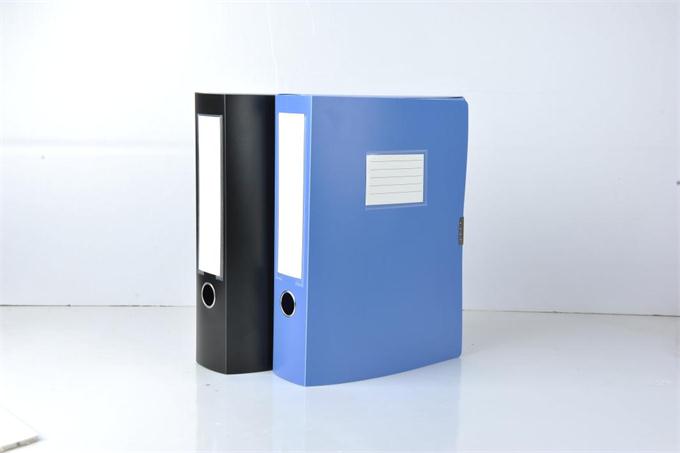File box is generally used to hold a variety of files, large capacity, can hold a lot of information.Our company produces the file box material is PP, the size is generally A4.File boxes are usually self-supporting, with Velcro closure and elastic closure.PP file box protects data from dust and can be stored for 5 years or more.Suitable for libraries, archives, schools and other needs to store a large number of information units
Portable File Box,File Box,File Folder Box,Plastic File Box shaoxing chaofeng stationery manufacturing CO.,LTD. , https://www.chaofengstationery.com
Can we use napkins in restaurants with peace of mind?
Have you ever paid attention to the quality of napkins in restaurants? Did you know that the quality of these simple paper products can directly affect your health? A recent survey on the use of napkins in restaurants across major cities revealed some alarming findings. Many napkins lack basic information such as manufacturer details, production dates, or product certifications.
To investigate further, reporters collected samples from various restaurants and sent them to the Chongqing Metrology and Quality Inspection Institute for testing. The results were concerning—some napkins may be made from recycled paper, which is not suitable for use as a food-grade napkin.
During a visit to a local restaurant, the reporter noticed that the napkins came in a pack similar to facial tissues, but they lacked essential information like the manufacturer’s name, production date, or certification. In many cases, even restaurant owners weren’t aware of where their napkins came from.
At one hoof flower restaurant in Jiangbei District, the owner admitted they didn’t know the origin of the boxed napkins they used. They had purchased them from a third party at a lower cost than regular tissue paper. These napkins often came without any labeling, making it impossible to trace their source.
One of the most noticeable issues with these "three-no" napkins is that they tend to leave small paper fragments on your face after use, especially when wet. This not only feels unpleasant but could also pose hygiene risks.
Testing conducted by the institute found that one of the four samples had high dust content, exceeding the acceptable limit. According to the inspector, this might indicate the use of recycled materials, which are not allowed in standard napkins.
Experts warned that using toilet paper as a substitute for napkins can be dangerous. Unlike napkins, which are made from virgin pulp and undergo strict sterilization, toilet paper is often produced from recycled materials and may contain harmful substances. These can be transferred to your mouth during use, potentially causing skin irritation or respiratory issues.
Consumers should be cautious when choosing napkins. While labels like “100% virgin pulp†may seem reassuring, they don’t necessarily guarantee the purity of the product. It’s important to look for proper certifications and reliable brands to ensure the safety and quality of what you use.
In short, the next time you reach for a napkin, take a moment to check its quality. Your health depends on it.